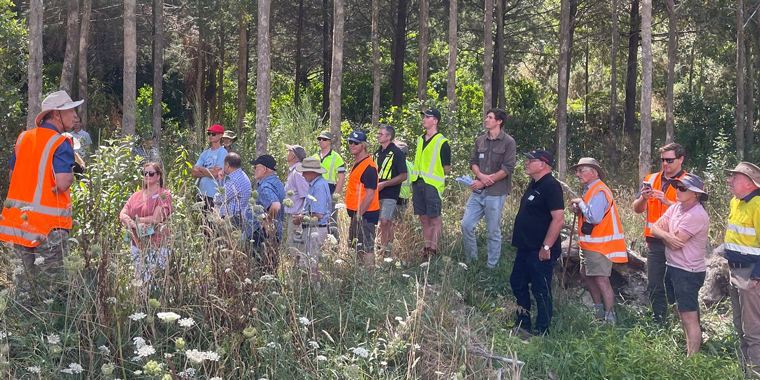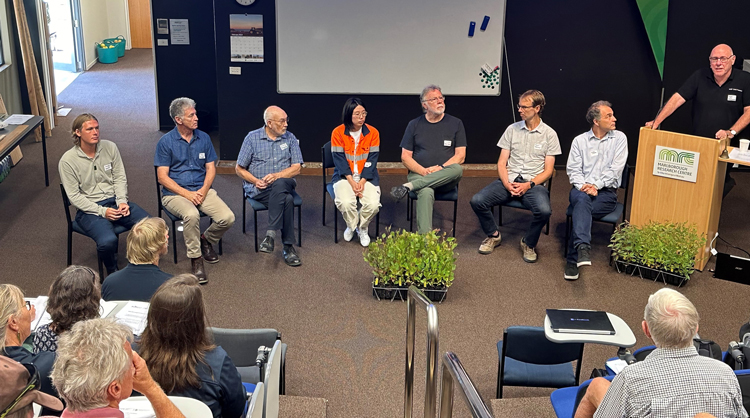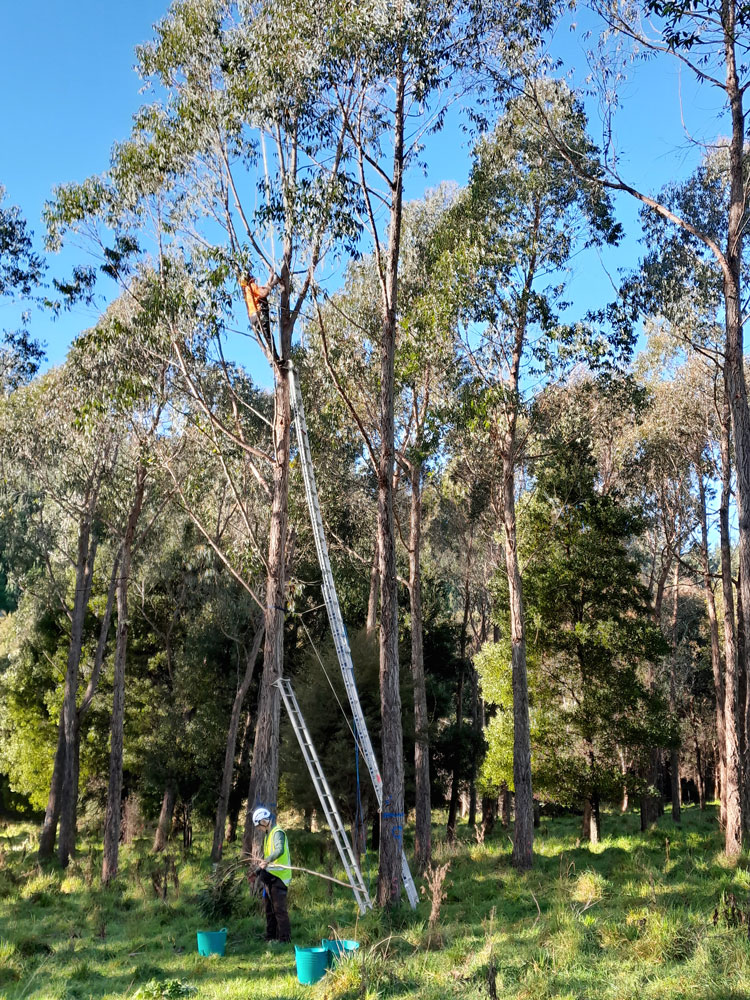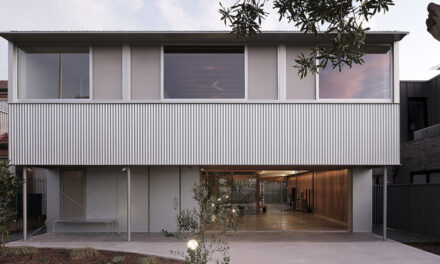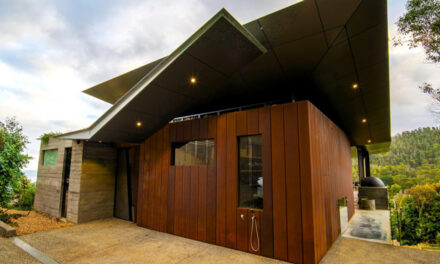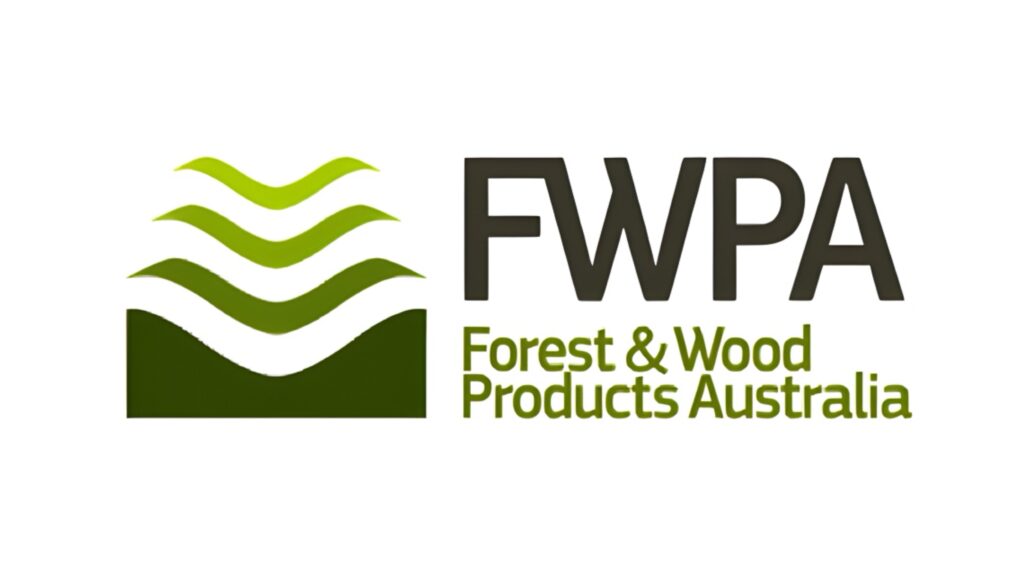NZ DURABLE EUCALYPTS READY FOR COMMERCIAL-SCALE DEVELOPMENT
Blenheim workshop: evaluating the potential for a durable hardwood industry in Marlborough.
Collecting seed from elite trees: Eucalyptus macrorhyncha has proven its adaptability in cold and dry environments.
MAIN PIC: Workshop participants inspect 13-year-old E. bosistoana at NZDFI’s Cravens Road trial site near Blenheim.
New Zealand Dryland Forests Innovation (NZDFI) has been working since 2008 on durable eucalypt breeding, research, and development … with the intention of creating sustainable regional durable hardwood industries in New Zealand.
According to General Manager Paul Millen, NZDFI’s vision “is for 60,000 hectares of durable eucalypts to be planted by 2050 in 12 regional wood catchments in northern and eastern New Zealand – creating regional hardwood industries worth up to $1 billion per annum. This is equivalent to only about 4% of New Zealand’s current exotic forest estate.
“Our work aims to develop an integrated agricultural and forestry system with durable eucalypts which will support the bioeconomy and create future export market access. There are also environmental benefits such as supporting domestic emissions reduction objectives and facilitating erosion control and drought resilience for forests and farms.”
Mr Millen adds that if all 12 catchments were planted, they would help to diversify the country’s wood supply – and annually generate some 360,000 cubic metres of durable hardwood for both the domestic and Australian markets (given that durable eucalypt supplies in Australia are predicted to fall by 40% as logging of native forests ends in more states).
He says that after 15 years the NZDFI is on the cusp of commercialising its research. “Tree breeding and forestry research require intergenerational planning and planting decades ahead of time. Ongoing research is required to maintain progress until the product is adopted commercially.
“A recent downturn in the forest industry has reduced the available forest levy funds directed to research. The next six years are critical to continuing our research and development to ensure our genetically improved seed production meets the growing demand for durable eucalypt planting.”
With that in mind, Shaf van Ballekom, chair of NZDFI, says a separate entity – New Zealand Dryland Forests IP Ltd (NZDFIP Ltd) – was set up to separate commercial activities from the broader focus of NZDFI’s research and development programme.
“Our plan is to deliver tree breeding, research, and extension services to new shareholders in a similar way to what the Radiata Pine Breeding Company undertakes for industry.
“Up to 49% of the NZDFIP Ltd shareholding is on offer to forest growers that have the land, capability, and a strategy to diversify by investing in large-scale planting of the elite durable eucalypts now available.”
Mr van Ballekom adds that, ultimately, by bringing in new partners, “we hope to establish a long-term wider industry commercial partnership team that can provide new leadership and investment, which is extremely important when working in forestry timescales”.
Regional development case study
NZDFI recently hosted a successful workshop (and field trips) in Blenheim – ‘Marlborough’s Future is Durable’ – to present the results of a case study evaluating the potential for a durable hardwood industry in the region.
Mr Millen says the workshop “was a key part of a two-year Sustainable Land Use Management and Climate Change (SLMACC) project funded by the Ministry for Primary Industries, where NZDFI is evaluating how planting durable hardwood forests could contribute to the sustainability of Marlborough’s wine industry.”
Further, he notes that the research “is providing a market and science-based pathway for developing this novel land use and supply chain”. This could improve long-term sustainability and resilience for the local wine industry and generate new investment and employment.
“We envisage growing durable hardwood forests planted between now and 2050 to generate a sustainable supply of hardwood for processing into multiple products. In Marlborough, a key market will be naturally durable posts and poles for vineyards – a natural substitute for copper chrome arsenic (CCA) treated radiata pine.
“The timber can easily be reused or recycled, meaning no hazardous waste goes to landfill, as occurs with CCA-treated pine.
“Other potential products include veneer, solid wood, and biomass for energy.”
Alternatively, durable eucalypts are very efficient at sequestering carbon – and can live for hundreds of years as permanent forests in dry conditions, which will become more frequent in the face of climate change.

